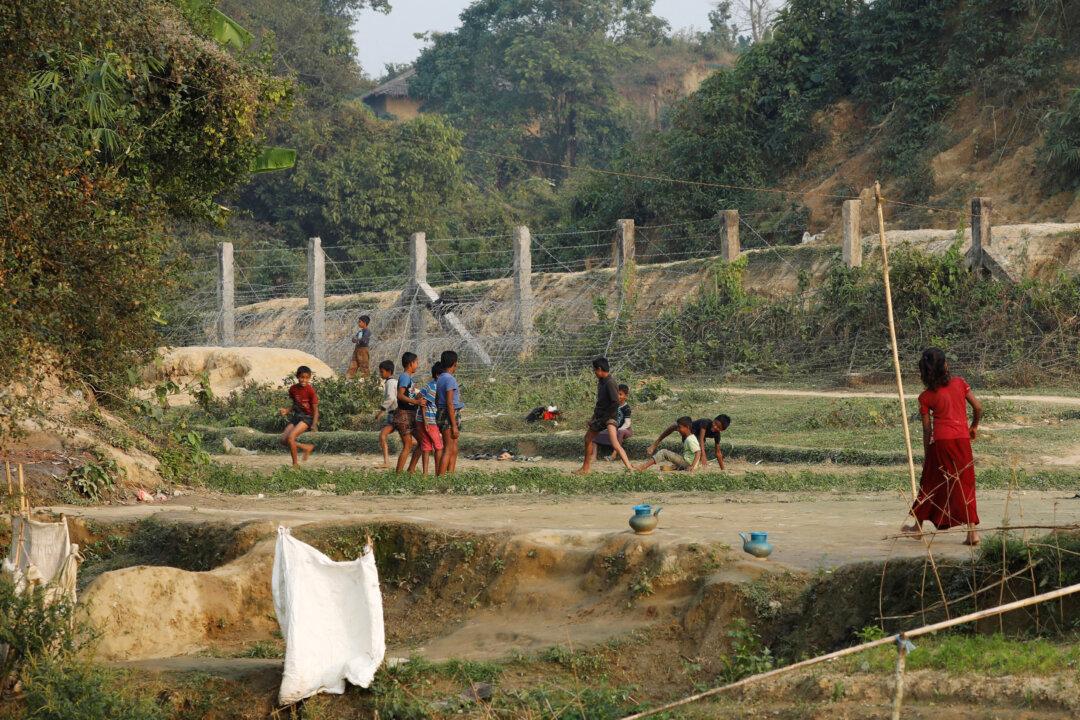YANGON–Rohingya Muslim insurgents said on Saturday that 10 Rohingya found in a mass grave in Burma’s troubled Rakhine state last month were “innocent civilians”, and not members of their group – the Arakan Rohingya Salvation Army (ARSA), better know locally as the Harakah al-Yaqin (faith movement in Arabic).
Burma’s military said earlier this week its soldiers had killed 10 captured Islamic “terrorists” during insurgent attacks at the beginning of September, after Buddhist villagers had forced the captured men into a grave the villagers had dug.





